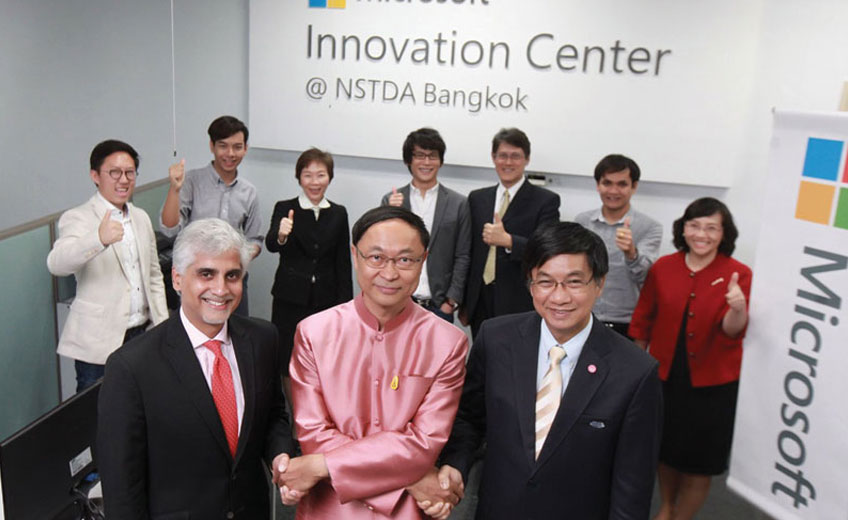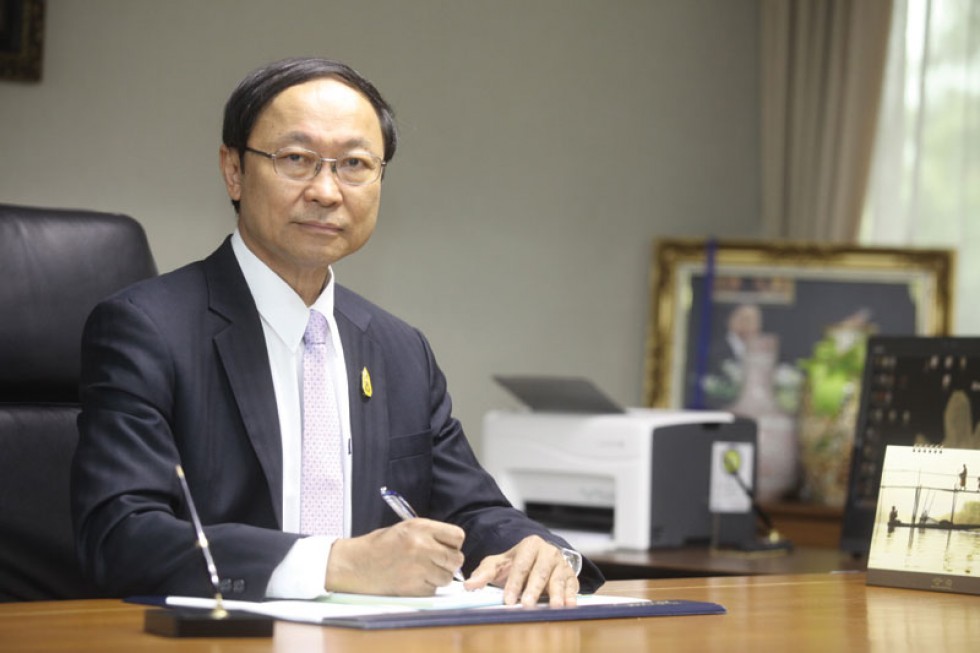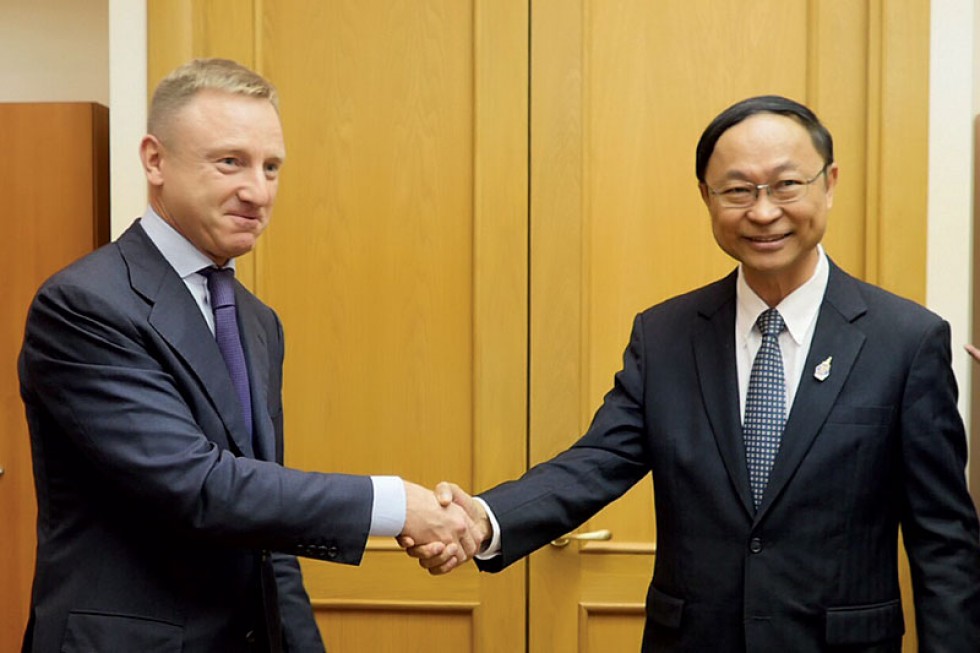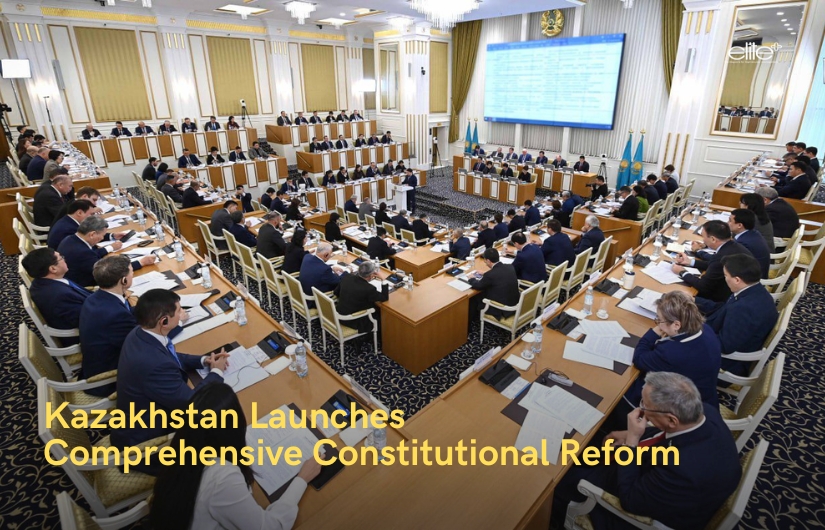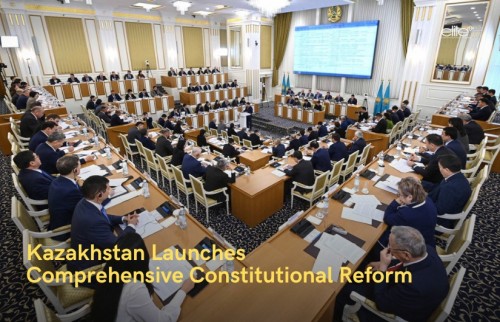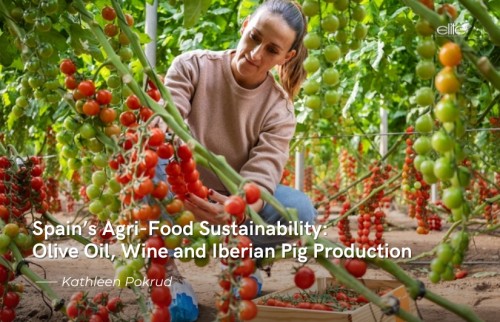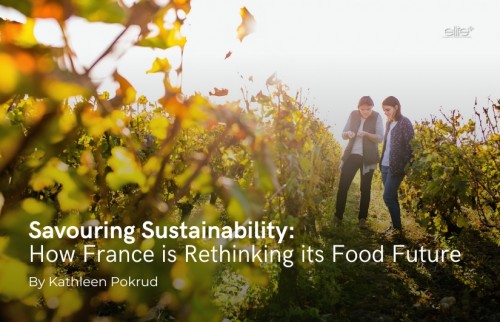Dr Pichet Durongkaveroj, minister of science and technology since 2014, has dedicated his educational background in science, technology and economics, as well as work experience as leader of the National Science and Innovation Policy Office, to aiding innovation in the country’s agriculture, industry and service sectors. His work, facilitated by smart policy planning, hopes to aid diplomacy and create sustainable, long-term social and economic development. Minister Pichet sat down with Elite+ to discuss the goals and missions of the ministry, its accomplishments over the past two years and the foundations that have been laid for the generations to come.
What has the Ministry of Science and Technology accomplished in your tenure over the past two years?
To state how much we have accomplished, we need the public to assess it. We have launched a number of initiatives that are beneficial to Thailand and relate to our foreigner partners in meaningful ways. There is still a lot of work to be done but I think we’ve reached a level that pleases people and meets expectations. I think we’ve come a long way, as far as we could in two years.
When I took up the position, I brought a good team with me. We’ve empowered the ministry’s staff and attuned them to our goals. We work closely and extensively with the nine ministries, businesspeople, people in upcountry areas and foreign partners. I say “we” because I can’t complete all these tasks by myself.
We’ve worked towards our goals, which are to enhance the capabilities of the workforce in science and technology, and to help the private sector improve their products and services in three main areas – industry, agriculture and services. We use science and technology to improve productivity. We want them to be able to compete at a global level. We have set up good systems for science, technology and innovation to develop in Thailand, not only by developing technology but also by building scientific infrastructure, developing human resources and creating sustainable mega-projects. So after the election, whoever the government is, they will be able to carry on what we have established and for a long time.
Can you give examples of projects in each sector that you have set in motion?
In agriculture, we developed the Agri-Map that was on display at Thailand Digital 2016. This electronic map is a co-project between our ministry and the Ministry of Agriculture and Cooperatives. It’s a GIS-based map showing agriculture-related data throughout Thailand and supports people’s decision-making at all levels, from policy planners to farmers. It identifies the most suitable land to grow crops and tells you what crops are best grown in a particular area; for example, it tells you which parts of Chaiyaphum province have the soil quality to grow jasmine rice.
As for industry, we assist factories in improving productivity, product quality and creating new products. We recently helped a factory identify a banned ingredient in their products and replace it with something safe. Now they have also increased their exports.
Tell us more about the ministry’s initiative to support SMEs and start-ups.
We hosted the Start Up Thailand 2016 event at the ministry in April this year. The conference and exhibition can be said to be the first official start-up movement in the country and has been very popular with Thais. Within the year we also want to take Start Up Thailand to Chiang Mai, Phuket or Songkhla, and Khon Kaen. The initiative is to promote and enhance the capabilities of start-up businesses in Thailand. With the Ministry of Finance, we’ve created incentives such as tax exemptions. We’ve presented Thailand to ASEAN as a gateway for start-up businesses in the region. You don’t need investment, imported technology or even to be somebody. You can create a start-up with only an idea.
What about work the ministry does in energy and infrastructure, such as railways and water-flow management?
Coordinating with the Ministry of Energy, we work to develop renewable energy like solar power, wind, biomass and geothermal, and don’t neglect conventional energy like petroleum. We also work on nuclear energy for peaceful purposes. Research is being carried out at different universities. And my wish is to assemble them all in one place, to put them into one system. On water, we’ve developed a community water management system model which over 600 communities are using. The model has also drawn interest from the UN Office for Disaster Risk Reduction. On the railway system, we work with the Ministry of Transportation. We’re doing more research on high-speed and double-track trains. We’re producing railway engineers to supply the workforce of the future. We also work to enhance the capacity of the Thai industrial sector so they can take part in any system to come.
Tell us about Thailand Mobility, an initiative that lets public researchers work with the private sector.
For Thailand Mobility, our minister asked the cabinet to approve this initiative last year. This was due to the shortage of researchers in the private sector – because the researchers are government officials and only worked with public universities. So this initiative allows public university researchers to work with private companies for up to two years, which was formerly prohibited. And the two years count as government service. We’ve released almost 200 public university researchers into the private sector so far. And this initiative will continue, perhaps for the next five years, until the private sector can build a pool of researchers of its own.
Can Thai e-commerce compete at a global level against giants like Alibaba or Ebay? What support does the ministry give this sector?
There are a large number of Thais doing that but the majority are small players. To compete with the big players might be unrealistic. But to join hands with them is a better strategy. There are other sides of e-commerce we Thais can fill. We have so many good products and we should use existing channels to sell those products. Digital laws today will help enhance the growth of digital commerce in the future. The government’s role is to ensure the fewest barriers to e-commerce, to protect privacy rights and electronic signatures. These tasks have to go in parallel with laws that are already in place.


